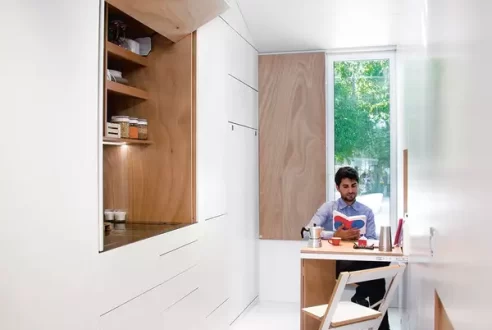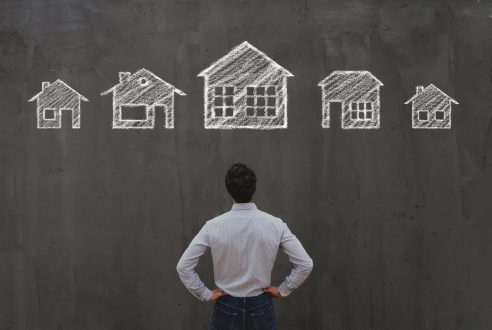Carrying out a real estate diagnosis is essential before the sale of a property. It allows informing the buyer about the state of the property. The DDT or technical diagnosis file is mandatory when signing the contract. However, it happens that you are not satisfied with the result of the diagnosis or that it is erroneous. In this case, you can ask for a counter-expertise.
It ensures the accuracy of the previous results or clarifies certain points during the first intervention. To carry out a second opinion, it is essential to call upon a specialized and certified company. So, without further ado, let’s dive into this blog and learn some of the things everyone ought to know about real estate diagnosis.
The reasons why it is essential to opt for a second opinion

A counter-expertise in the context of real estate diagnosis is especially useful to ensure the accuracy of the information provided by the seller (condition of the house, surface area) or to contest it.
It is also useful if you wish to carry out renovation work. In case of error, you can ask for compensation for the work to be done.
The different types of counter-expertise for a real estate diagnosis
In many cases, a second opinion is necessary to avoid disputes between the buyer and the seller.
1. A counter-expertise for a diagnosis of electrical installations
A defective electrical installation represents a danger for the occupants of the house. Moreover, errors at this level would result in additional work and costs. In this case, it is essential to call in a specialist lawyer who will take legal action against those responsible. Compensation for the cost of the work can be claimed.
2. For a counter-expertise for a gas diagnosis

Just like electricity, an anomaly in the gas installation can call into question the safety of the house. An anomaly not considered in the DDT can have consequences for both the seller and the diagnostician: it is the assumption of all costs of renovation work on the installations.
3. The counter-expertise for the asbestos diagnosis
The presence of asbestos is dangerous for the health of the occupants of the house. In case of unreported presence, the consequences can be important. In this case, it is recommended to carry out a counter-expertise for the asbestos diagnosis. The asbestos removal work is urgent, and the buyer may ask to be compensated for the cost of the entire asbestos removal work.
4. Carry out a counter-expertise before signing the contract
This is the recommended option to avoid unpleasant surprises. In this case, if the buyer suspects anomalies in the house, but they do not appear in the DDT, he can, in this case, ask for a counter-expertise.
If the diagnosis reveals anomalies not mentioned in the first intervention and requires work, they will be charged to the buyer. In this case, the buyer can renegotiate the price of the whole property considering the new data. If the anomalies concern the living area of the house, the buyer can negotiate on this basis.
5. The counter-expertise after the signature of the contract

Contrary to what one may think, it is possible to make or redo a diagnosis, even after the signing of the sale deed. In fact, according to the law, the buyer has one year to contest the diagnosis made. In case of errors, he will have to contact a lawyer who will advise measures and actions to be taken.
After a real estate diagnostician’s counter-expert, the buyer can ask for compensation from the person at fault (usually the diagnostician). He can also ask for compensation for the errors in the definition of the living area of the house.
Sound off in the comments section below and tell us what you want to read next and if you want to read more about real estate diagnosis.




Pingback: High Value Home Features that Attract Buyers - Top Real Estate